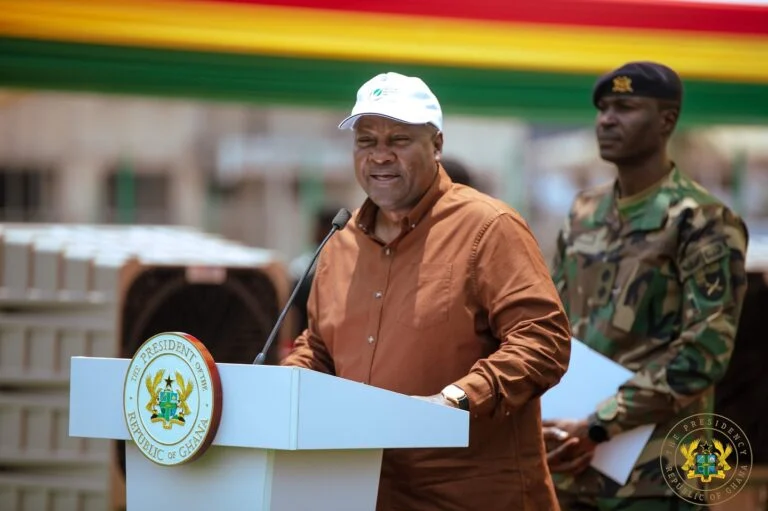Obi Raises the Alarm, Laments Nigeria Now a “Killing Field” with Over 10,000 Deaths Under Tinubu

Former presidential candidate Peter Obi has raised grave concerns over the state of insecurity in Nigeria, warning that the country is fast becoming a “killing field.” He claimed that more than 10,000 lives have been lost since President Bola Tinubu assumed office, describing the situation as one befitting a nation at war, despite Nigeria not being formally engaged in any armed conflict.
In a statement released through his official channels, Obi lamented the spate of recent attacks across several states. He cited the massacre of over 50 worshippers inside a mosque in Katsina, the abduction of more than 60 others in the same state, and the killing of at least 15 farmers in Plateau State. According to him, these incidents, alongside the displacement of hundreds of families, illustrate the scale of bloodshed ravaging the nation.
Obi drew on figures attributed to international rights monitors, which suggest that in just two years, the death toll under the Tinubu administration rivals casualty levels recorded in countries engaged in full-scale wars. He urged the government to live up to its primary responsibility of securing lives and property, calling on political leaders to put aside divisions and unite in tackling the crisis. “A new Nigeria is possible,” he said, stressing that the protection of citizens must come before politics.
The remarks have triggered sharp responses from the ruling All Progressives Congress (APC). Party officials dismissed Obi’s claims as exaggerated and politically motivated, insisting that the government has recorded significant progress in the fight against insecurity. They pointed to official defence data showing that between August 2023 and April 2025, security forces neutralized more than 9,000 terrorists, arrested over 14,000 suspects, and rescued at least 10,000 hostages nationwide.
The APC highlighted military gains in different theatres of operation. In the North-East, hundreds of insurgents were reported killed or captured under Operation Hadin Kai, while in the North-West, Operation Fasan Yamma was said to have eliminated more than a thousand bandits and rescued thousands of civilians. The party further cited the deployment of new air power capabilities, an expanded intelligence network, and the strengthening of local arms production as evidence of the administration’s commitment to tackling insecurity.
Despite these assurances, many Nigerians continue to live under the threat of abductions, communal clashes, and terrorist attacks. The contrasting narratives between opposition leaders and the government underscore the deepening anxiety over the nation’s security crisis. For citizens, the statistics—whether drawn from casualty figures or from military achievements—ultimately translate into a pressing question: when will Nigeria’s killing fields finally give way to lasting peace and security?









